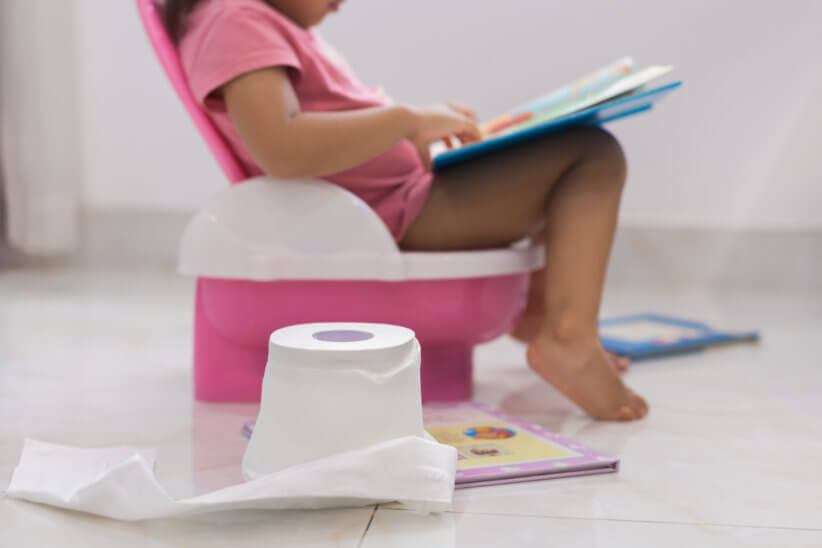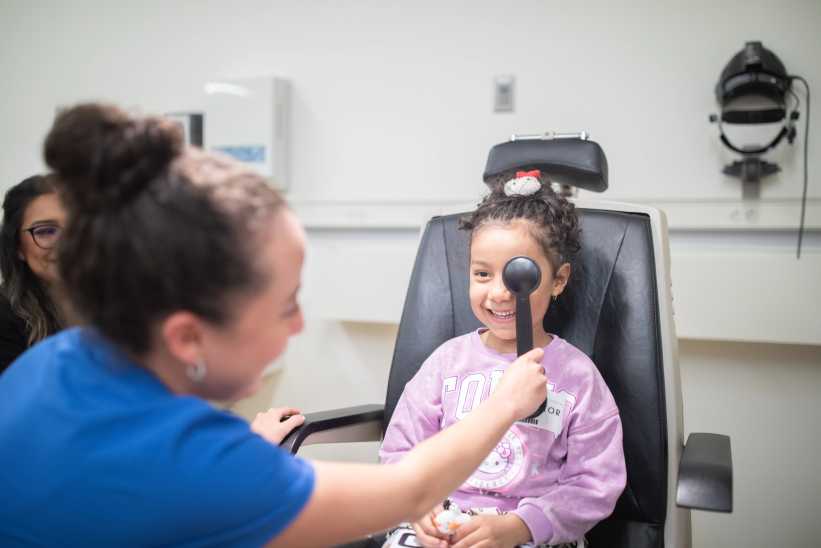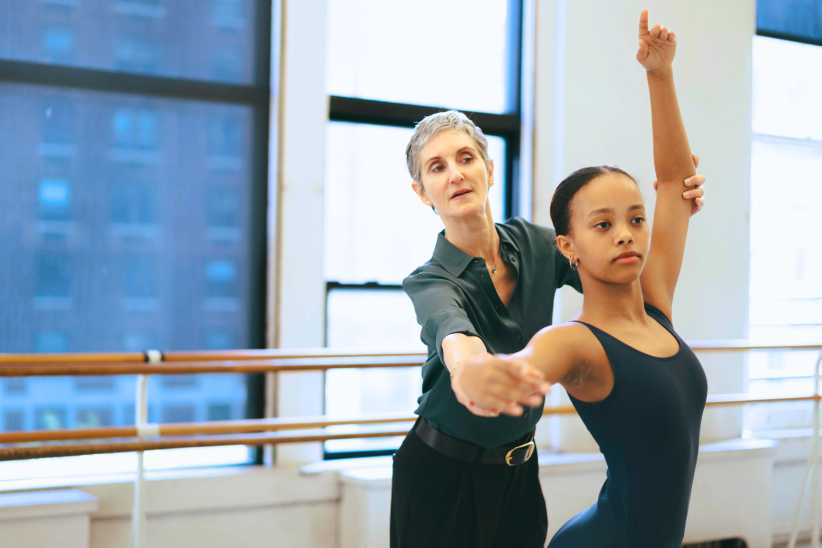
For parents with typically developing children, the path to potty training often looks something like this: Buy some storybooks for the child in order to familiarize the concept of using the toilet, explore wearing underwear sometimes, encourage curiosity around using the potty, and then hunker down for 3-5 days of committed “toilet training.” At the end of those 3-5 days, more often than not, some semblance of toilet training has been achieved. This could mean urine training, training for urine and bowel movements, day training, or training for both day and night.
It’s important to recognize that toilet training issues are common among all children, not just children with special needs. In fact, toilet training challenges represent approximately 1/3 of all pediatric gastroenterology consultations. So, what does the path to toilet training for parents of children with special needs look and feel like? For starters, the questions around toilet training go beyond simply “Is my child ready?” Parents wonder “Is my child capable,” “Does my child have the cognitive, language and motor skills necessary to achieve success?” “When should I start?” Well, according to Fredric Daum, MD, a pediatric gastroenterologist and co-founder of doctordaum.com, any child or adolescent with receptive language skills can be toilet trained. This includes children with genetic disorders, cerebral palsy, autism, developmental delays, and sensory processing disorders. So, if your child can understand basic directions, then they’re a candidate for toilet training, despite what you may have been told. That said, parents should be mindful that children with special needs may be more likely to show opposition or resistance to toilet training due to anxiety, behavioral challenges, language impairment, sensory processing disorders, etc. This resistance is not due to malice of course, but can result in significant stress for parents and caregivers.
As for figuring out when a child with special needs is ready to start the process, the signs are much the same in any child; pulling at a wet diaper, interest in the toilet, having long stretches of a dry diaper, or telling you when they need to go or have gone. Depending on each child, these signs may arise at different ages. Some special needs children may show interest at 2 or 3 years old, while others may never truly show signs of readiness. If the latter is the case, then parents may be compelled to start the process without these signs so that their child can continue to participate in activities, attend schooling or child care programs, and to reduce the social stigma of wearing diapers as they get older.
Where to Start With Toilet Training
As it’s hard to know exactly how your child may react to the toilet training process, it’s a great idea to at least attempt the standard 3-5 day approach which includes removing diapers, spending lots of time in the bathroom, and often flooding with liquids if urine training is the focus. Working to “catch” your child as they’re about to go and offering lots of positive reinforcement for success are the foundations of finding teachable moments and pairing them with social and sometimes tangible rewards (e.g. stickers or a small edible treat). According to Dr. Daum, as you begin your toilet training process for a child with special needs, there are a variety of additional tips and tricks which may prove beneficial for a child with special needs.
Tips and Tricks for Toilet Training Success
- Put your child in a long shirt without clothing underneath. Most children will not urinate or stool on the floor.
- Make the bathroom a rewarding, fun place with toys and games.
- Be consistent in your approach at all times.
- Let your child know your expectations. Your child may try to manipulate or negotiate with you. Don’t waver.
- Toilet train over a vacation period to allow for ample time.
- Avoid distractions with siblings or other family members. Try to find coverage for other children in the household. Your toilet training child will love the one-on-one time with you.
- Allow your child to follow a regular diet appropriate for age.
- Toilet training children with special needs may take longer than usual and collaboration with behavioral therapies can be very helpful.
What to Do if the Typical Approach is Not Enough
Some children, especially those with special needs, may require more intensive support and intervention when it comes to toilet training, especially for bowel movements. Stool withholding is common in children with behavioral issues, developmental delays, and anxiety, and the standard positive reinforcement and training approaches may not be adequate. In such cases, the use of a short or longer-term laxative protocol can physically compel children to use the bathroom, which creates a teachable and positive moment for both child and parents. Without laxatives, it may be significantly more challenging to achieve that initial successful event upon which the remainder of toilet training can build. Laxative therapy along with behavior training is an effective approach for children very resistant to toilet training. While a diet full of fiber and adequate hydration is of course beneficial for children, Dr. Daum, who specializes in treating children who withhold stool and soil stool (also known as encopresis), believes water and fiber are not adequate treatment for withholders. Limiting foods such as dairy is also ineffective and not recommended. While many parents are wary of the use of laxatives, under the guidance of a medical professional, their ability to override a child’s desire to withhold stool is often the key component missing from standard toilet training practices. If your child is withholding stool, a laxative protocol may be the key to success.
Signs Your Child is Withholding Stool
- A distended or swollen belly.
- Frequent flatulence or foul-smelling gas.
- Small amounts of bright red blood on toilet paper or in toilet water. (This is not serious and usually the result of a cut or fissure in the anal area due to hard or large stools).
- Stool that is surprisingly large in diameter.
- Rapid fullness while eating meals.
- Reflux symptoms: nausea, burping, and regurgitation — caused by delayed emptying of the stomach when the bowel is filled with stool, gas, and liquid.
- Crying and demanding a disposable diaper for pooping. This child is withholding and holding out for the diaper.
- Doing the ‘doody dance’: A child gets up on toes and dances around in obvious discomfort to avoid having a painful bowel movement.
- Posturing that includes straightening or crossing of legs, holding onto furniture with buttocks squeezed or holding onto a parent’s leg while crying and agitated.
No matter which route a parent chooses to follow when working to toilet train their children, it’s important to remember to maintain a positive attitude, consistent language around expectations and praise a child’s efforts towards success.
There is no doubt that toilet training children with special needs can pose a significant challenge for parents and caregivers, but the possible future rewards for these children are immeasurable.























